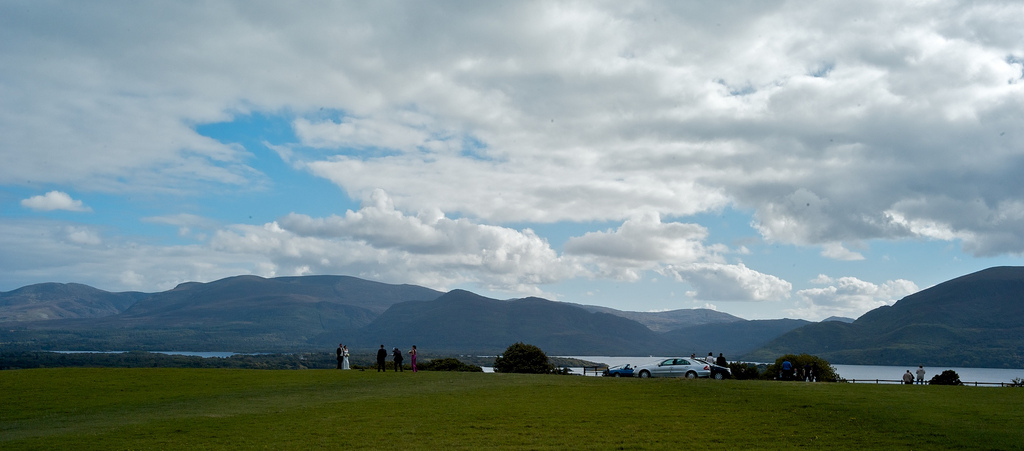Lovely, perceptive review by Larry Lessig of the Facebook movie. From ‘The New Republic’.
As with every one of his extraordinary works, Sorkin crafted dialogue for an as-yet-not-evolved species of humans—ordinary people, here students, who talk perpetually with the wit and brilliance of George Bernard Shaw or Bertrand Russell. (I’m a Harvard professor. Trust me: The students don’t speak this language.) With that script, and with a massive hand from the film’s director, David Fincher, he helped steer an intelligent, beautiful, and compelling film through to completion. You will see this movie, and you should. As a film, visually and rhythmically, and as a story, dramatically, the work earns its place in the history of the field.
But as a story about Facebook, it is deeply, deeply flawed. As I watched the film, and considered what it missed, it struck me that there was more than a hint of self-congratulatory contempt in the motives behind how this story was told. Imagine a jester from King George III’s court, charged in 1790 with writing a comedy about the new American Republic. That comedy would show the new Republic through the eyes of the old. It would dress up the story with familiar figures—an aristocracy, or a wannabe aristocracy, with grand estates, but none remotely as grand as in England. The message would be, “Fear not, there’s no reason to go. The new world is silly at best, deeply degenerate, at worst.”
Not every account of a new world suffers like this. Alexis de Tocqueville showed the old world there was more here than there. But Sorkin is no Tocqueville. Indeed, he simply hasn’t a clue to the real secret sauce in the story he is trying to tell. And the ramifications of this misunderstanding go well beyond the multiplex…
And here’s the best bit:
But the most frustrating bit of The Social Network is not its obliviousness to the silliness of modern American law. It is its failure to even mention the real magic behind the Facebook story. In interviews given after making the film, Sorkin boasts about his ignorance of the Internet. That ignorance shows. This is like a film about the atomic bomb which never even introduces the idea that an explosion produced through atomic fission is importantly different from an explosion produced by dynamite. Instead, we’re just shown a big explosion ($25 billion in market capitalization—that’s a lot of dynamite!) and expected to grok (the word us geek-wannabes use to show you we know of what we speak) the world of difference this innovation in bombs entails.
What is important in Zuckerberg’s story is not that he’s a boy genius. He plainly is, but many are. It’s not that he’s a socially clumsy (relative to the Harvard elite) boy genius. Every one of them is. And it’s not that he invented an amazing product through hard work and insight that millions love. The history of American entrepreneurism is just that history, told with different technologies at different times and places.
Instead, what’s important here is that Zuckerberg’s genius could be embraced by half-a-billion people within six years of its first being launched, without (and here is the critical bit) asking permission of anyone.
Yep.







